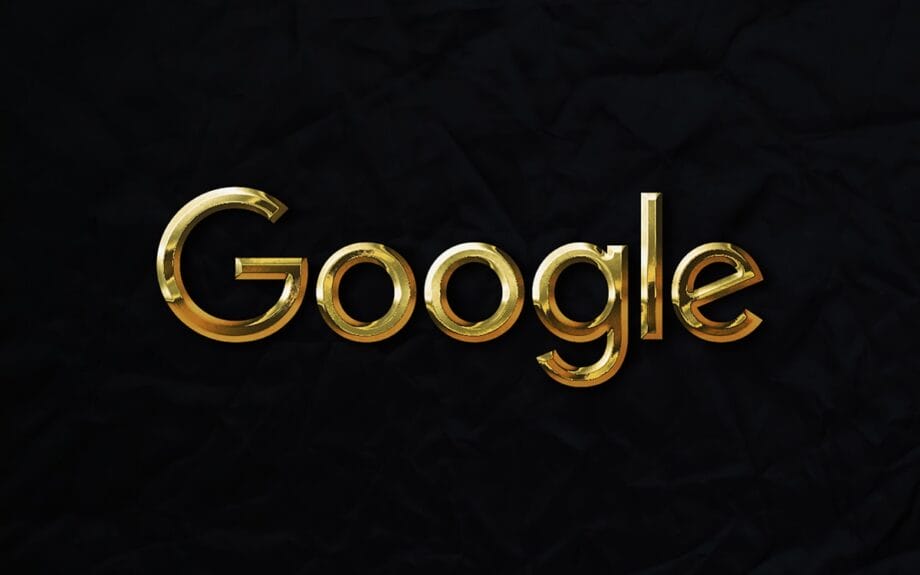Google Penalized €2.95 Billion by EU for Anti-Competitive Practices in Adtech
In a substantial regulatory action, the European Union has imposed a hefty fine of €2.95 billion (around A$5.26 billion) on Google, citing anti-competitive behavior within its advertising technology sector.
The European Commission elucidated that, since at least 2014, Google contravened Article 102 of the Treaty on the Functioning of the European Union (TFEU) by giving undue preference to its own dominant platform, AdX, over rival services.
The commission detailed that Google facilitated this preferential treatment by providing AdX with insights into the most competitive bids from its adversaries. This tactical advantage enabled Google to dominate ad auctions, effectively sidestepping competing platforms and amplifying the appeal of AdX.
Regulatory Mandates and Responses
Furthermore, the European Commission mandated that Google cease its “self-preferencing” behaviors and implement measures aimed at fostering competition in the adtech domain.
In an interview with BleepingComputer, Lee-Anne Mulholland, Google’s global head of regulatory affairs, expressed the company’s intention to contest the ruling, asserting that its practices do not infringe upon competitive principles.
“The European Commission’s determination regarding our adtech services is erroneous, and we will appeal. This unjust fine imposes unnecessary burdens on thousands of European enterprises, making it more challenging for them to generate revenue,” Mulholland articulated.
“There’s nothing inherently anti-competitive about facilitating services for ad purchasers and vendors; in fact, the alternatives to our offerings are more plentiful than ever.”
Previous Sanctions and Ongoing Scrutiny
The commission had previously cautioned Google that its advertising operations breached EU antitrust regulations following a preliminary investigation in 2023, which Google dismissed as grounded in flawed analyses of the advertising landscape.
This is not the first time Google has faced a penalty from EU authorities for similar infractions. Notably:

- In June 2017, Google was fined €4.34 billion (approximately A$6.77 billion at that time, now A$7.74 billion) for “illegal practices concerning Android mobile devices to bolster the supremacy of its search engine.”
- In 2018, the EU accused Google of abusing its search engine influence to stifle competition, resulting in a €2.42 billion fine (around A$3.83 billion then, now A$4.32 billion).
- In 2019, a similar penalty was levied for obstructing competitors’ ads from appearing on publisher search result pages.
Just last week, a US court mandated Google to disclose its search data to artificial intelligence rivals.
While Google’s parent company, Alphabet, sidestepped a directive to divest its Chrome browser, US District Judge Amit Mehta concluded that, after a protracted legal battle, the company must share its search data with other entities.
This case, initiated in 2020, revolved around Google’s predominance as a search engine, particularly as the default choice across various devices, including its Android and Chrome products.
Although the US Department of Justice sought the sale of Chrome, the ruling instead permitted Google to maintain its browser while stipulating that search data sharing occurs and that revenue-sharing agreements, similar to the one it holds with Apple, be curtailed.
Google characterized the ruling as a victory for the company. The influence of generative AI was posited as a factor in the court’s decision.
“Today’s ruling acknowledges the transformative impact of AI, which has provided users with diversified avenues to access information,” Google stated on September 2.
“This reinforces our position since the initiation of this case in 2020: Competition remains vigorous, and users can effortlessly choose from a plethora of service options.”
Source link: Cybersecurityconnect.com.au.






